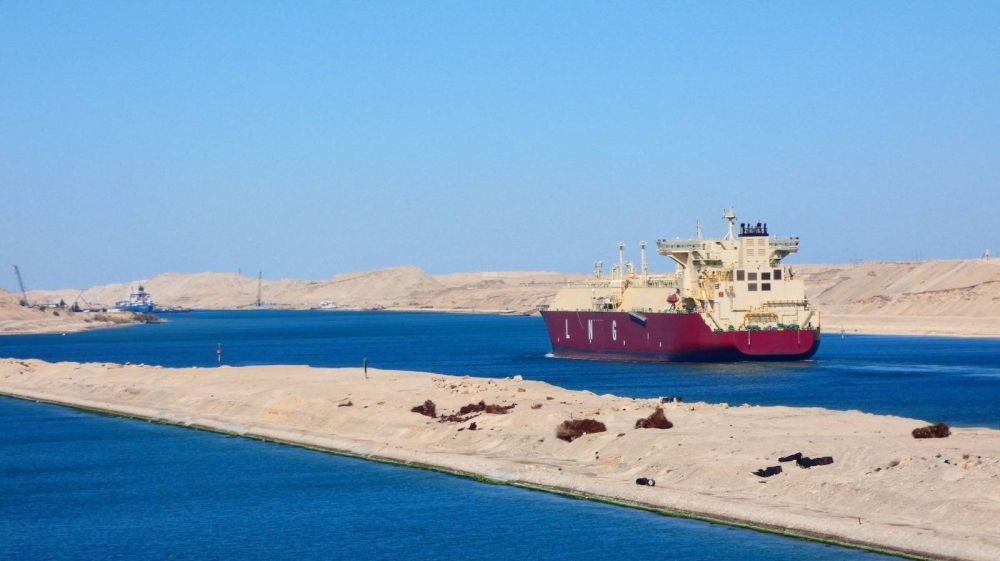
Egypt plans to issue a buy tender seeking 15-20 cargoes of liquefied natural gas (LNG) to cover rising demand for power during the summer, four industry sources told Reuters.
The most populous Arab country has returned to being a net importer of natural gas, reversing its position as an exporter in recent years as part of a plan to become a reliable supplier to Europe.
Natural gas supplies that help Egypt generate electricity have been dwindling at a time when a growing population of 106mn and urban development have been pushing up power demand while high cooling demand during summer drives up power consumption.
The tender is expected in the second half of June or early July to cover demand for the summer season between July and October, one source said.
Another source said that the announcement is pending an energy minister appointment, as President Abdel Fattah al-Sisi ordered the prime minister to form new cabinet earlier this week.
Egypt, has bought four cargoes from the spot market this year, and had to pay a high premium, partly due to seeking prompt deliveries.
Egypt's petroleum ministry did not immediately respond to a request for comment.
"The market has been expecting this in terms of overall volumes. We've seen Italian, Greek and Turkish delivered prices rising against TTF and Northwest Europe delivered prices, largely because of Egyptian demand and the need for other Mediterranean buyers to compete," said Samuel Good, head of LNG pricing at commodity pricing agency Argus.
Several Egyptian chemical and fertilisers companies have preventively shut down their factories on a temporary basis, citing increased consumption-driven pressures on the natural gas network leading to fluctuations in the grid.
Gas supplies will gradually resume flowing as of Thursday to fertiliser factories, the petroleum ministry said.
In 2023, Egypt's total natural gas production fell to its lowest since 2017, figures from the Joint Organisations Data Initiative (JODI) show.
Gas production in 2023 was around 59.29bn cubic metres (bcm), falling 11.5% year-on-year to the lowest production level since 2017, when it was around 50.72 bcm.
Scheduled power outages have remained in place since, coming as a shock to Egyptians accustomed to years of reliable power supplies under President Sisi. (Reporting by Marwa Rashad and Ron Bousso in London; Additional reporting by Julia Payne in Brussels and Sarah El Safty in Cairo; Editing by Andrew Heavens and Toby Chopra)
